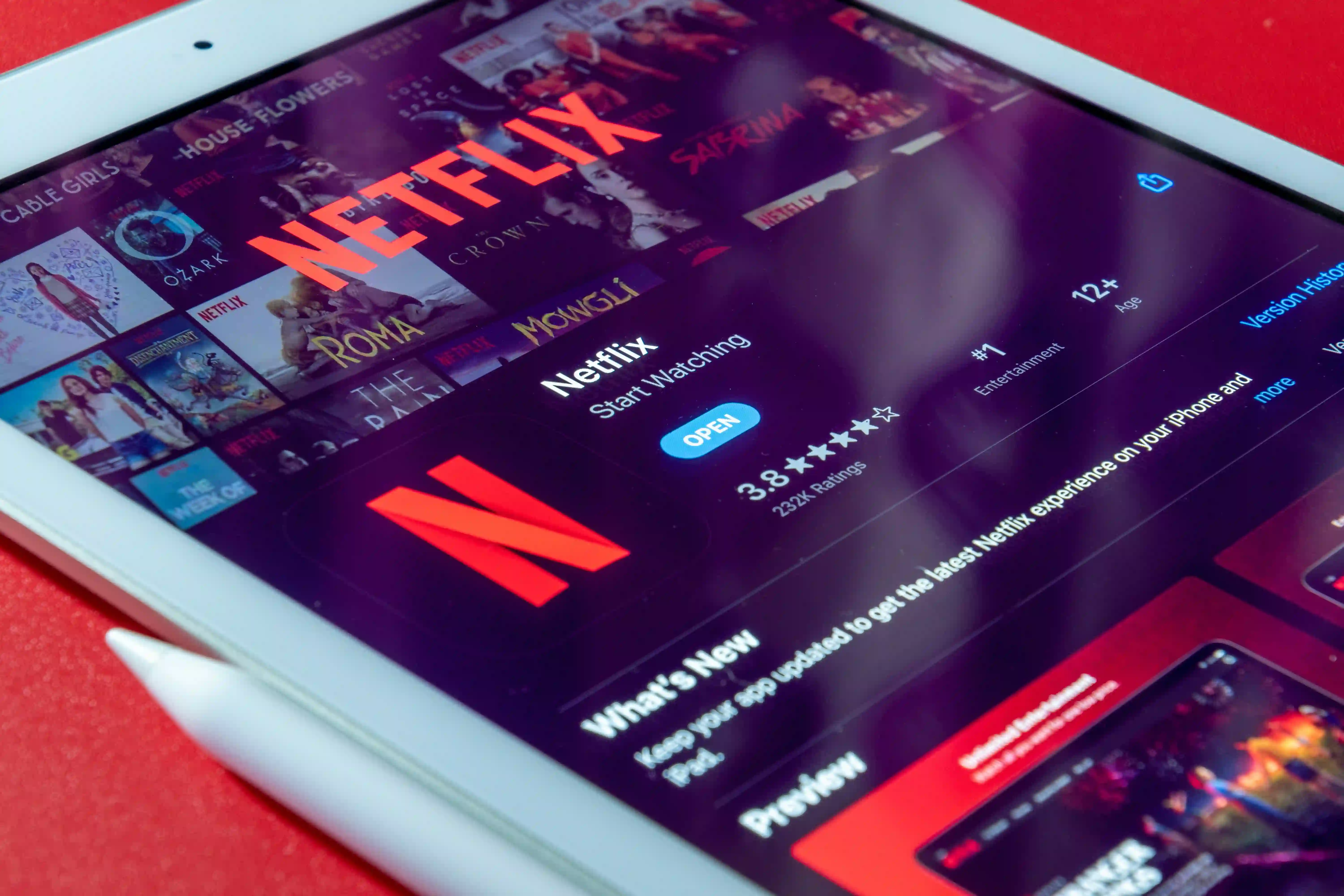Natural disasters, geopolitical conflicts, referendums, tariff wars, and societal unrest; the world as we know it today is full of volatility and uncertainty. All the while, society at large, consumers, and technology advancements are reacting, impacting brands and shaping marketing agendas in a number of ways.
The effects of this volatility can be seen in decreasing number of brands that have successfully increased their value by $1bn. According to BrandZ latest ranking of the top 100 global brands, only 46 brands managed to increase their value by $1bn do so in 2019 down from 71 the year before, while a whopping 26 brands declined in value, up from just 12 in 2018.
Many factors are at work to create this growing volatility in the marketplace, even outside the factors mentioned above, namely the rise of ecosystem brands, like Amazon, who engage with multiple areas of business. BrandZ research highlights the fact that if companies cover five or more categories of business, they are four times bigger and growing 10 times faster on average than business that are not as diverse.
Ten years ago, a brand could rest on its laurels, and feel pretty confident that their reputation would carry them through rough patches with minimal effect to their bottom line. These days, the tides are changing. Consumers are way less loyal than they were a decade or so ago. If brands aren’t doing their part to keep up with the ever-evolving demands of today’s consumers, they will continue to see their values decline.
Brands like Amazon, Netflix and Uber continue to offer customers new and improved content and product offerings that reflect the current trends and demands in the marketplace. They understand the importance of staying relevant over being just well-known, in fact in order to continue growing it’s imperative today to continue evolving.
Take for example nearly every big car brand today. Not a single car brand increased in value in 2019, and it’s safe to say that they will continue this downward slide if they don’t rethink their approach. Much of this has to do with the disruption in the marketplace as well as the current climate. Car brands have been fairly complacent and slow to reinvent themselves when trends, like the one we’re currently experiencing, continue to work against them.
Even more important for brands looking to remain competitive in today’s ever-changing landscape is to remember that the power of the consumer will always trump the power of the brand. If brands are unable to keep pace with the evolving needs and expectations of modern consumers, they will not survive the new reality that is the future of the increasingly volatile and unpredictable marketplaces.




